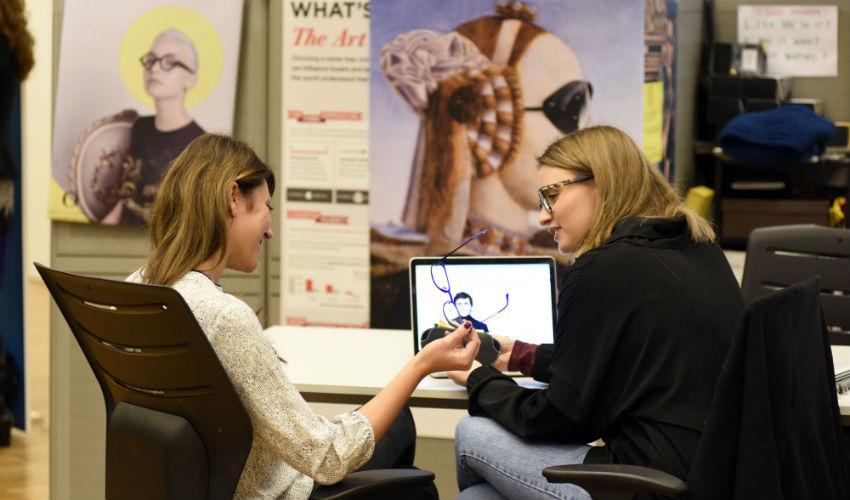
As Each Country Has Its Own Failures, Each One Has Its Own Kind of Incubators
INCUBATORS IN DIFFERENT COUNTRIES OFFER DIFFERENT SERVICES BECAUSE THEY ADDRESS LOCAL WEAKNESSES, A STUDY BY NILANJANA DUTT AND COLLEAGUES FINDS. THEY PROVIDE BASIC RESOURCES IN DEVELOPING COUNTRIES, BUSINESS CAPABILITIES IN DEVELOPED ONESIn contrast to incubators in developed countries, incubators in emerging economies improve access to basic resources that are generally presumed to be prerequisites for business success.
Incubators are government, NGO, or private agencies that help startups and entrepreneurs achieve success by offering services that improve market-based infrastructure and business capabilities. How incubators balance these services depends on the socio-economic development of the country. When the country’s market infrastructure is weak, incubators tend to focus on services that help overcome these weaknesses, while if the infrastructure is already more developed incubators tend to focus on services that improve business capabilities. Consequently, the services incubators provide can be considered to fill voids in the institutional structure of the country they operate in. However, even within similar countries incubators fill these voids differently depending on the sponsors that fund them, and the services they provide relate to the motivations and skill sets of these sponsors.
Nilanjana Dutt (Department of Management) reaches these conclusions together with her coauthors Olga Hawn, Elena Vidal, Aaron Chatterji, Anita McGahan and Will Mitchell in a paper entitled How Open System Intermediaries Address Institutional Failures: The Case Of Business Incubators In Emerging-Market Countries forthcoming in the Academy of Management Journal (published online before print, doi: 10.5465/amj.2012.0463).
The authors base these conclusions on a detailed analysis of 133 incubators in 68 developing countries across the globe, that they conducted using data drawn primarily from the World Bank’s infoDev survey, supplemented with additional interview data collected by Professor Dutt and her co-authors. The paper draws from existing research in the fields of entrepreneurship, emerging economies, and institutional voids to suggest that in less developed markets, it is commonplace for young companies and entrepreneurs to struggle with the basics of setting up a business: access to finance and office space. Therefore, market infrastructure development services, such as free office space, working phone connections and access to loans, tend to be more prevalent than business capabilities such as training and services consulting.
Consistent with this argument, the authors find that in countries with higher market development – so that it is easy to employ workers, get credit, enforce contracts, and register property – incubators provide more business capability development services, and fewer market infrastructure development services. Next to this, the authors find that the services incubators offer mirror the skills and motivations of their sponsors, who provide them with funding. Incubators sponsored privately are more likely to focus on financial services, those sponsored through academia emphasize services that provide office space and consulting, and those sponsored by NGOs provide mostly business training services. Finally, government-sponsored incubators offer a wide range of services.
Concluding, incubators may benefit the development of emerging countries as they encourage entrepreneurship and the growth of starting firms that otherwise would lack basic resources such as capital, office space, and business related knowledge. Furthermore, the services that incubators provide seem to pinpoint areas where their country has the biggest institutional voids and therefore depends on the country’s market infrastructure. Lastly, their mix of services depends on the source of their funding, so that the level of market development of an emerging country depends in part on the mix of incubator sponsorship in that country, as well as the reverse.
by Peter Snoeren
